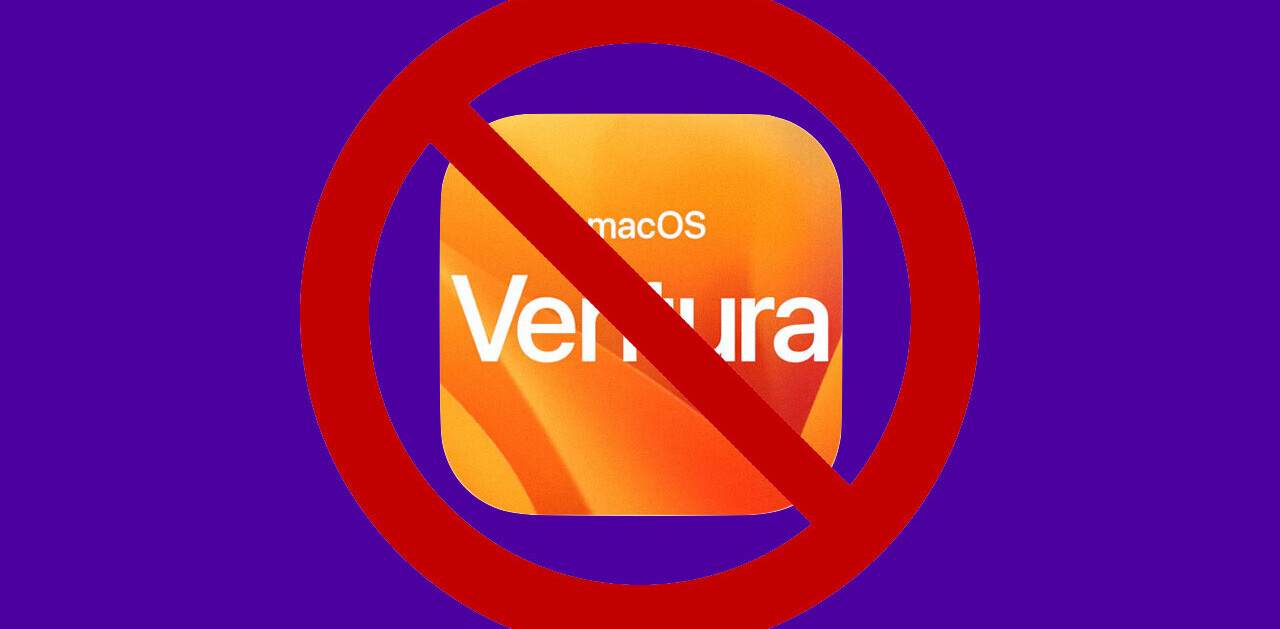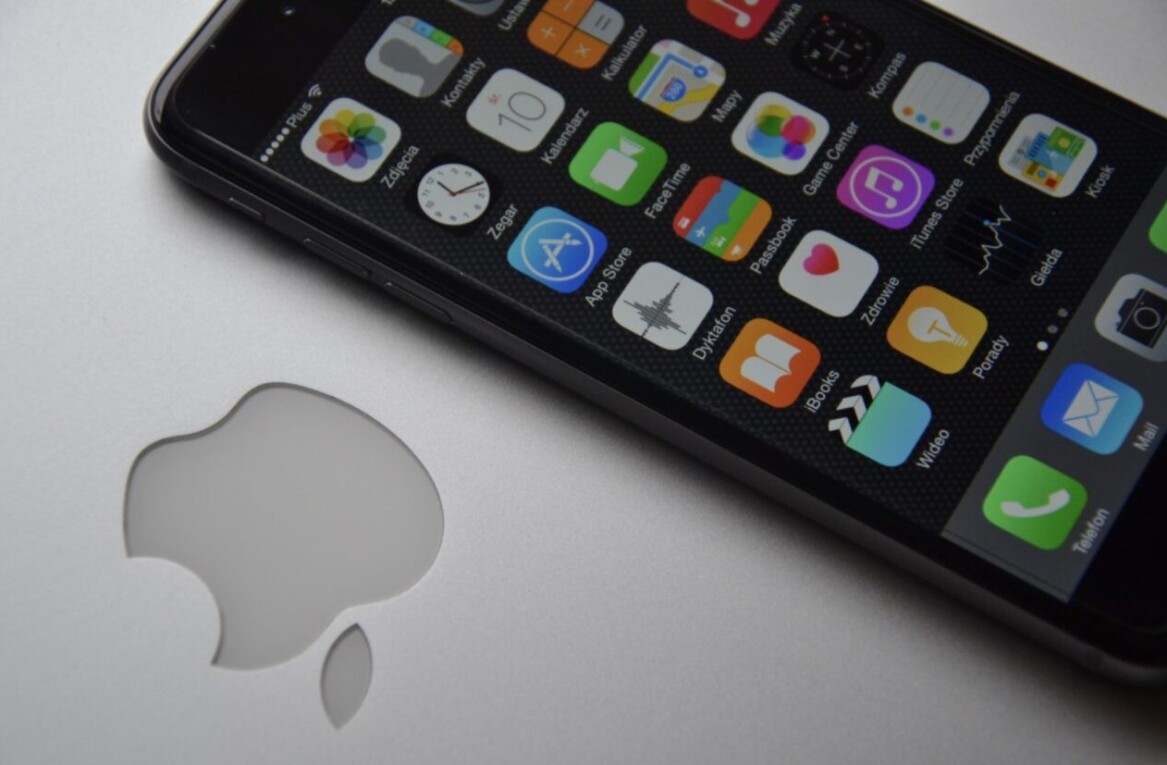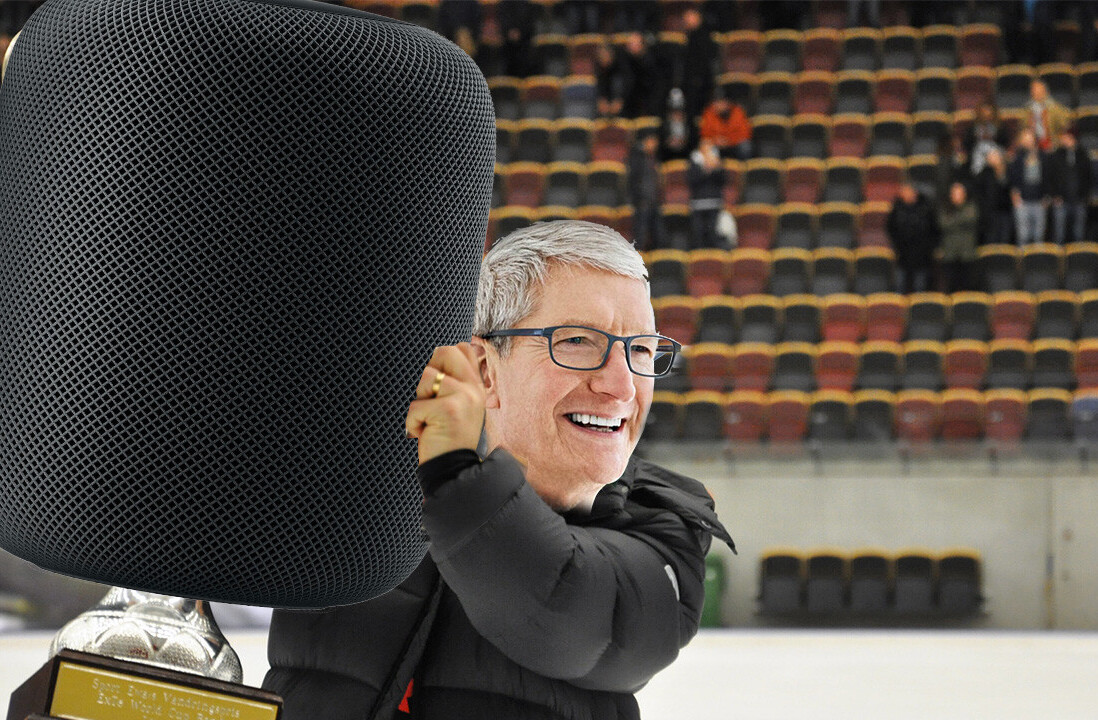
![]() Since the release of the iPhone SDK in March 2008, many developers have begun creating iPhone Apps that they sell (or give away for free) via the iTunes App Store. Today, about two years after the SDK-release, there are over 115.000 third-party applications available in the App Store, with over 3 billion downloads.
Since the release of the iPhone SDK in March 2008, many developers have begun creating iPhone Apps that they sell (or give away for free) via the iTunes App Store. Today, about two years after the SDK-release, there are over 115.000 third-party applications available in the App Store, with over 3 billion downloads.
The set-up to sell your Apps in the App Store is pretty simple: You sign up as iPhone developer, pay the respective fee and download all the certificates and provisioning profiles needed to build the App. Via iTunes Connect, you submit the App to Apple, who will review it and either accept or reject it.
So far so good. But what about the musicians?
 Having built such an easy way to submit Applications to the iTunes Store, I’d love to know why Apple has not yet opened up the iTunes Music Store for submissions too. There are tons of musicians all over the world who would like to sell their music via the iTunes Store.
Having built such an easy way to submit Applications to the iTunes Store, I’d love to know why Apple has not yet opened up the iTunes Music Store for submissions too. There are tons of musicians all over the world who would like to sell their music via the iTunes Store.
Currently, there are only two ways to get your music into the iTunes Store: Via major or indie labels, and distributions (so called digital service providers). If you apply for direct access to the Store, you will most probably get an answer with a list of these digital service providers. The problem with distributions is, that they pick some 10% on your sales revenue. This may not sound like much, but it actually is. Let’s calculate an example: Your song costs 0,99€ in the iTunes Store. Apple picks 0,19€ (for royalties and commission). So you have 0,80€ left. If now you’d have direct access to the Store, you would get these 0,80€. But via distributions, you lose about 0,08€ again (there are distribution whose commission is bigger).
It’s not all about money. There’s another problem with distributions. As they set up your songs for the Store, there are often mistakes in the title / copyright information. They sometimes put bad artworks. And in addition, you have no transparency about your sales.
There surely are reasons why Apple did not open up the iTunes Music Store for everyone to sell their music. Let’s have a look at some of them:
Quality
Apple always cares about quality. To solve this problem there is a very easy way: Review the songs. Just like in the App Store.
Missing ISRC and EAN-13 codes
To set up an album for the iTunes Music Store, you need to assign an EAN-13 code (barcode) to the album, and an ISRC (International Standard Recoding Code) to every song on it.But again, this is not a problem. ISRC Codes are free to everyone, you just have to apply for a prefix, and then can proceed to assign ISRC’s to your songs (or videos). For EAN-13 Codes, Apple could consider attributing them themselves, by requiring a small set-up fee. And even if they don’t, you can, by paying an annual registration fee, register an EAN-13 prefix and assign your codes.
Copyright
This is one of the biggest problems. How can they know that the songs which are submitted to the Store are the musician’s / artist’s intellectual property? The answer is simple: They just can’t. But if a song is submitted via distributions, they don’t know it either.
These seem to be the most obvious issues, and as you can see, there is a simple solution to all of them. It shouldn’t be too difficult for Apple to open up the iTunes Music Store for musicians and artists, as there are several other online music stores which grant you direct access to submit your songs. You hear about it every day, about artists like Radiohead leaving their labels to exclusively self-promote and sell via the internet, I start asking myself why Apple hasn’t responded to the new trend. This is the future of music industry, either you self promote and sell your products yourself, or you sign with a major label. Indie labels are more and more run by artists, who want to do the business themselves.
This article is one big please: Please Apple, consider opening the iTunes Music Store just the way you did it for the App Store.
Get the TNW newsletter
Get the most important tech news in your inbox each week.





